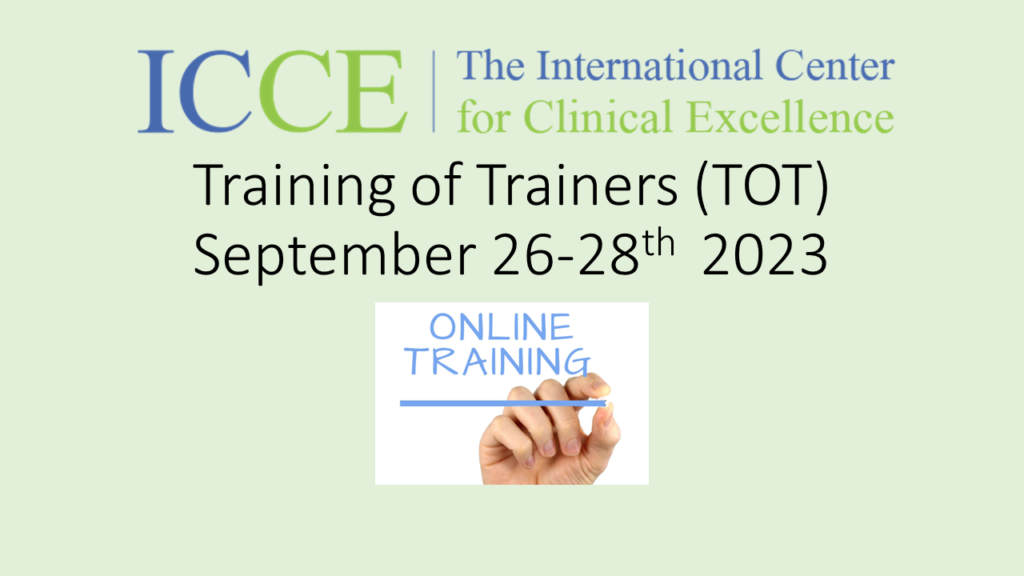
I remember her. My very first, real client. Cynthia — not her real name, her real name was Susan, but I’m not supposed to tell you that! (Just kidding, that wasn’t her name either)
Early thirties. Married. Couple of kids. Depressed.
I was still a student, a therapist-in-training — and I desparately wanted to be helpful. This wasn’t a fellow student role playing a client or presenting a minor concern of their own (“I can’t decide whether to take job X or Y”). Cynthia was in pain and looking to me for help.
I didn’t know much at this point in my professional career. I certainly could reflect feelings (“so you’re feeling very [insert feeling word here] and “what I hear you saying is [insert brief summary of client’s concern]”). Beyond that, not so much — at least anything I felt even the least bit confident about pulling off. More, I was acutely aware of myself — the words I used, how long I spoke, the number of hems-and-haws, the movement and position of my arms and legs, and how long I held eye contact.
Nowadays, my experience doing therapy is entirely different. I glide into the room without the faintest hint of self-consciousness. I sit, move, and interact naturally. The session unfolds in what would strike a casual observer as, seamless. Even the pauses — those earlier, worrisome “hem’s-and-haws” — seem purposeful.
The tendency to equate effortlessness with the development of expertise is not all that surprising. After all, it feels better in almost evevery way — smoother, easier, more polished. And yet, research from the field of expert performance suggests it likely means we’ve stopped growing!
Consider empathy — one of, if not the most important therapeutic skill. As my colleagues and I report in a soon-to-be published study (1), neither years of experience or therapist self assessment are correlated with actual empathic ability.
How, you might reasonably ask, could this be? What stands in the way of our future growth and development? As paradoxical as it may sound, the answer is, our current ability –or what researchers call, automaticity. In short, actions which once required a tremendous amount of mental energy, in time, are executed with barely a thought. While this means we can devote our limited cognitive resources to other pursuits, it also results in the loss of conscious control over our behavior.
The possibility of growth begins with the disruption of automaticity — literally regaining consciousness. A warning, however. While talk of “professional humility” and assuming a “not-knowing” stance is trendy, its also hard on the ego. Professional confidence usually suffers. The good news, as our study of empathy documents, is actual measured ability simultaneously improves!
More detailed information about finding your “sweet spot of discomfort” can be found in our two latest books Better Results and The Field Guide to Better Results. According to Professor Kim de Jong, these volumes offer “a wonderful combination of state-of-the-art scientific evidence … and hands on exercises for clinicians to improve their effectiveness.”
Want to connect with others pushing at their performance edge? Join the ICCE discussion forum. It costs nothing and you’ll meet like-minded practitioners from around the world.
By the way, a few years after leaving university, I received a letter from Cynthia. Don’t ask me how she found me! I suppose, “where there is a will, there is a way.”
Anyway, in the letter, she shared what had happened in her life after we stopped meeting. Her depression had lifted. She went back to school and was in a new relationship. Near the end, she expressed gratitude for our meetings, the support she received. “I know I wasn’t an easy client,” she offered, continuing “when I could tell you, too, were struggling, when it seemed like you weren’t sure what to say, those were some of the best moments.” I kept her letter all these years.
OK, that’s it for now.
Scott
Scott D. Miller, Ph.D.
Director, International Center for Clinical Excellence
P.S.: Looking to become an ICCE Certified Trainer? Want to hone your skills as a speaker, trainer, or presenter? The upcoming “Training of Trainers” is held only once every other year. For more information or to secure your spot, click here or the icon below.


That was helpful, much appreciated! So interesting that first client found the lack of polish helpful, genuine and the vulnerability relatable. Maybe it helped equalize the perceived and actual imbalance power in the therapeutic relationship.
Scott, what a wonderfully insightful article. After 28 yrs in private practice as a pastoral counselor, licensed social worker, and now a psychologist, this is exactly the kind of info (prodding) I need.
Jim Brock, M.Div., L.S.W., Psy.D.
P.S.
And, yes, I have a file of those cherished letters, too.